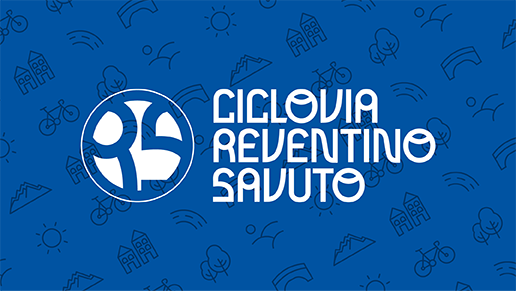
Bar Villa delle Rose
A point of reference for the Carlopoli community, travellers and cycle tourists. It is located on the town’s main street (Via Bellavista). Don’t miss the ice cream and granitas.

B&B Castagna
A point of reference for local accommodation, a stopover point for tourists and travellers. Eugenia and Gino have hospitality in their blood. Family atmosphere, courtesy, breakfasts with local products.
Il Casale dei Ciliegi
A farm hospitality venue with flats in a natural setting on the outskirts of Carlopoli. You can experience the Sila atmosphere, at a stone’s throw from oak and chestnut groves and centuries-old forests. An excellent base from which to explore Sila and the Reventino-Savuto area.
Bioittica della Sorgente - La Jumara Farm venue
The dream of Giuseppe Sirianni and Gino Mancuso gave rise to La Jumara, a farm hospitality venue dedicated to trout farming. “Enabling the local area to develop by means of a resource that in mountain culture constitutes an important asset.” Today, La Jumara is a landmark for people seeking genuine, zero-mile products.
Arcuri - Nero di Calabria Company
Welcome to the kingdom of Carlo Arcuri, who dedicates his life to a Calabrian expression of excellence: the Black Pig. Up here, pigs live in extensive spaces with perfect environmental conditions so they can move around and feed in a natural manner. The cured meats are of the highest quality and are well worth a trip.

Trattoria Al Ritrovo
A landmark venue in Castagna whose homemade pasta, fresh produce from the Piccoli family’s vegetable garden and mushrooms from these forests have become legendary. The flavours of this territory are enhanced by the authenticity of this family-run trattori

Da Fabio
Calabrian food and wine at an establishment outstanding for its versatility: trattoria, pizzeria, rotisserie, sandwich shop and bar. A true passion for pizza and Calabrian flavours with tasty recipes that delight the eyes and palate.

La Taverna dei Briganti
Pizza, appetisers and sandwiches at this venue that utilises Calabrian products. First course recipes include paccheri pasta with sausage and chilli pepper strands. Calabrian courtesy and hospitality.
Old Mill Pizzeria
The pizzas made by the Spilotro sisters embody the variety and quality of an incomparable area. Filomena’s pizzas tell the story of the local surroundings through art, passion and sensitivity. The Reventino-Savuto pizza is extraordinary: primosale goat cheese, mountain potato, black pork cheek, walnuts, seasoned pecorino cheese wafers and honey. Haute cuisine and great authenticity.
Gentile Liqueur factory
At the dawn of the third millennium, Luca Gentile, inspired by a foggy autumn, began making limoncello and nocino together with his wife Pasqualina. L’Eremita, made using 21 herbs, is the first liqueur to portray the intensity of the Reventino-Savuto area worldwide. In fact, in 2022 it won a distinction at the World Liqueur Awards in London as one of the best liqueurs on the planet.

Church of Spirito Santo
A 19th-century church that preserves a white marble stoup and baptismal font dating back to the early 17th century and two important 18th-century works: a fine sculpture of the Madonna with Child and Flaming Heart, and a painting by Francesco Colelli depicting the Madonna of Suffrage with the Child and the Souls in Purgatory.
Leo mineral water
In 1998, the four Leo brothers founded the company that epitomises the purity of these locations. Leo is an oligomineral water with a low fixed residue and today it is a sustainable business that, in compliance with the industrial plan 4.0, uses energy-saving machinery, representing an innovative development of the production process.
Abbey of Santa Maria di Corazzo
There are no longer any monks, no rosaries are recited, there is no altar, but its mystical solitude is imbued with a spirituality as transparent as its roof of sky. And in that empty, austere space, a sign reminds us that “It is forbidden to trample on dreams.” Founded in 1060, it was rebuilt at the end of the 12th century by Cistercian monks. It experienced its most flourishing period with Abbot Gioacchino da Fiore in the first half of the 13th century. For many years it was a self-sufficient unit thanks to agricultural activities, cattle breeding, growing medicinal herbs and chestnut trees, an indispensable source of sustenance. The monks of Corazzo were farmers, breeders, blacksmiths, carpenters, masons, plumbers and engineers who transformed this location into an important “engine” for the local economy.

